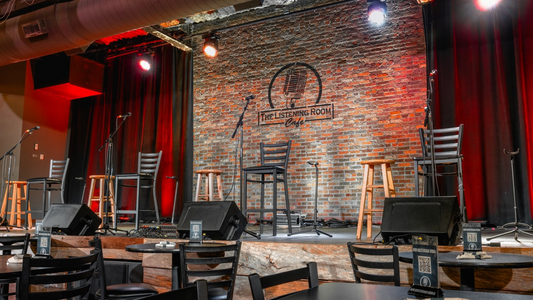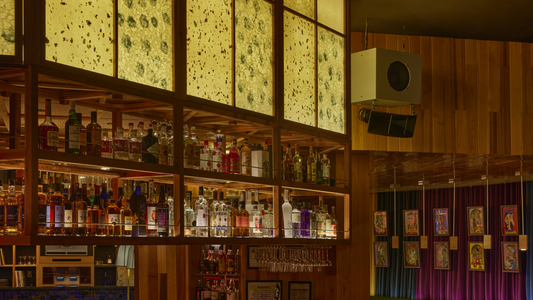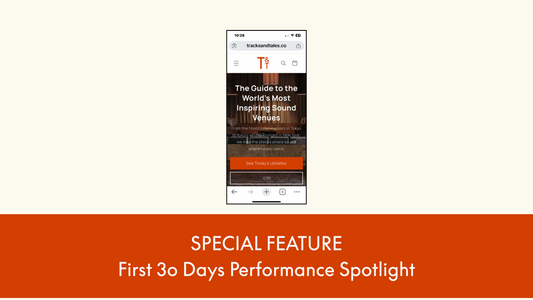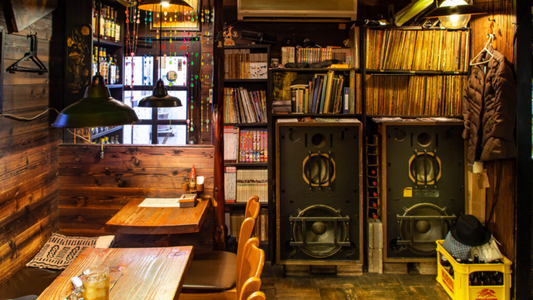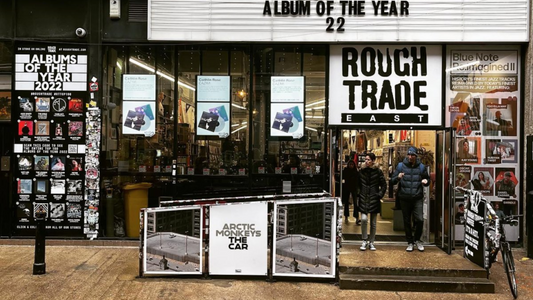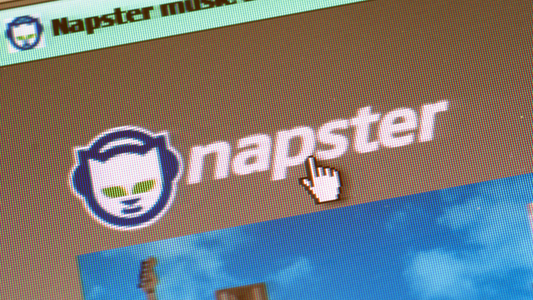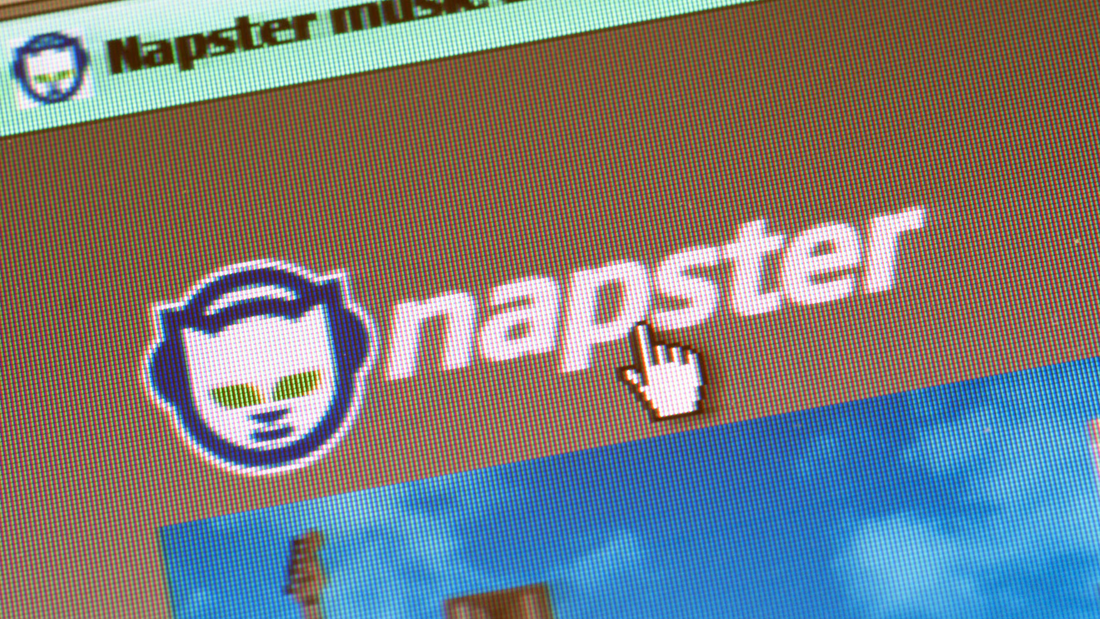
Timing and the Shock of Napster
By Rafi Mercer
In life, everything comes down to timing. You can work hard, you can carry skill, you can even carry luck, but if the timing is wrong, the result falters. If the timing is right, whole worlds open. Music is no different. A note played too early or too late can break a phrase, a beat dropped out of sync can collapse a groove. But when sound and silence meet at the right moment, the effect is transcendent.
Napster was a lesson in timing. It arrived not when the industry was ready, not when the audience was asking politely, but when the conditions were charged. The CD business was bloated, profits immense, complacency high. People wanted access, speed, liberation. And in June 1999, in a student dorm, Shawn Fanning wrote the code that set the fuse. Napster was not the first file-sharing platform, but it was the one that landed. Within months it spread, millions joining, whole record collections suddenly dissolving into digital.
For those of us inside the industry, the effect was seismic. I was at Virgin then, working through the thrill and grind of music retail, watching towers of CDs shift by the week. I had lived the ritual of importing jazz records, the care of sequencing release campaigns, the satisfaction of holding something pressed, packaged, and placed in a customer’s hand. Napster ripped that away. Suddenly the music itself was free, disembodied, detached from the weight of an object. The value we had built careers on dissolved overnight. Timing, again.
My own career was caught in that wave. Napster didn’t just change the market; it ended the version of the industry I knew. And it wasn’t only the labels who felt it. Shops closed, habits shifted, listening itself changed. People no longer saved to buy an album, no longer sat with it from start to finish. They gathered files, not experiences. The depth collapsed into fragments.
Yet timing is complicated. What looks like an ending can also be the beginning of something else. In stripping away scarcity, Napster reminded us what scarcity had meant. In flooding the world with noise, it made silence valuable again. Out of the shock came a new desire: to slow down, to return to vinyl, to listen deeply. The seeds of today’s listening bars were planted in that disruption.
And now, I believe, it is time. Timing is everything, and the timing now feels right to seek out — or create — listening bars. The appetite is there. People are tired of distraction, of background music as wallpaper, of platforms that measure attention in seconds. They want rooms where albums unfold, where silence is held, where fidelity matters. They want experiences that feel rare, not because they are expensive, but because they are cared for.
Listening bars are about timing in the most literal sense. An album lasts forty minutes. One side lasts twenty. You sit, you stay, you wait. You cannot rush it. You cannot scroll past. Time itself becomes the medium. The world outside may still be in a hurry, but inside the bar, time is slowed and re-shaped. This is what makes them radical. They resist the compression of everything into fragments and restore the rhythm of listening.
I think of Napster as the wrong timing, and listening bars as the right timing. Napster arrived when the industry was most complacent, and it collapsed under the weight of its own contradiction: instant access, no payment, no structure. Listening bars arrive at a moment when people are saturated by access, when abundance has become fatigue, and when the idea of sitting still with music feels not old-fashioned but revolutionary.
When you step into a listening bar, you realise how much timing matters. The silence before the record begins, the pause between notes, the weight of the room holding the sound. These are not accidents; they are part of the design. And they remind us that music is not about infinite choice but about presence, about being in the right place at the right time with the right sound.
Tracks & Tales is about seizing that timing. About building a guide to the best sounding venues in the world. About telling the stories of albums that deserve to be heard whole. About shaping a lifestyle around the simple but not easy act of listening. Timing is why it feels urgent now, not next year, not someday. Because the conditions are right. Because the hunger is there. Because the noise outside is louder than ever, and the need for silence and fidelity has never been greater.
Napster taught me that timing can destroy. But it also taught me that timing can renew. The collapse of one culture cleared space for another. And if we use this moment wisely, we can make listening matter again — not as nostalgia, but as future.
So when I think back to Virgin, to the towers of CDs, to the shock of Napster’s wave, I no longer only feel loss. I feel the strange symmetry of timing. That ending created the space for this beginning. And perhaps, now, we are exactly where we need to be.
Rafi Mercer writes about the spaces where music matters. For more stories from Tracks & Tales, subscribe, or click here to read more.
